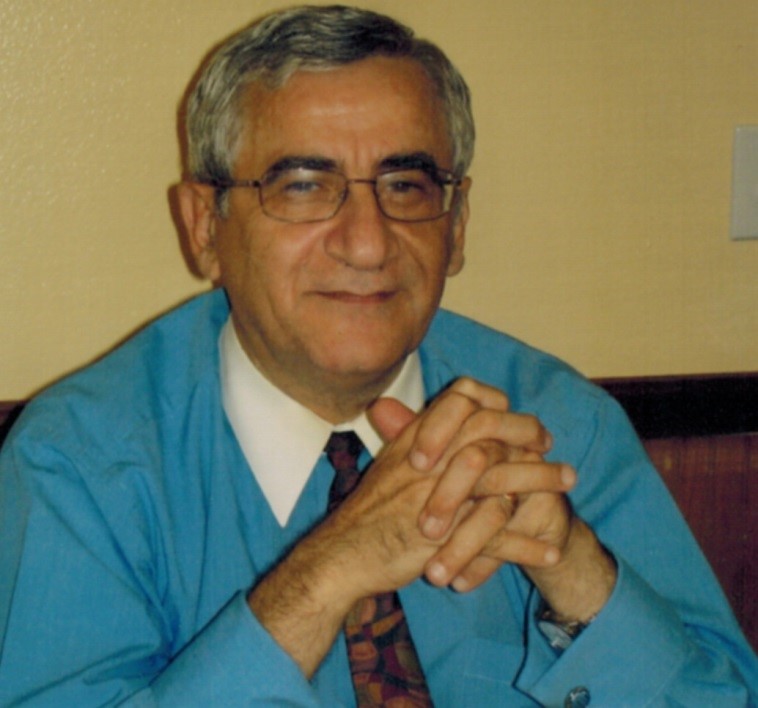MODERN TURKEY STILL DENIES THE ARMENIAN GENOCIDE
Denial of genocide is the universal strategy of perpetrators who know that truth is the last victim of genocide. Instead of admitting it or feeling some kind of indignation and compassion, the perpetrators, as we have seen in chapter one, try to distort genocide, deny it and silence anyone who uncovers it. Denial is the rejection of facts and washing hands of any responsibility by blaming the victims for their own destruction.
To deny the Armenian Genocide the Turkish government establishes the following strategies:
- Punishing anybody who speaks, writes or debates about genocide.
- Buying the conscience of some scholars to distort the facts.
- Threatening or blackmailing regional or international powers to reinterpret the historical events which are harmful to Turkey’s reputation.
- Pulling in Turkish school from the curriculum any mention of genocide.
- Erasing every Armenian cultural, historical, religious or ethnic trace.
- Euphemizing certain expressions to soften a harsh reality or to change or distort the real meaning of what happened in 1915. Therefore, “deportation” has to be understood as “transfer of population to more secure places”; “death due to forced journey to Deir Ezzor” becomes “the results of illness, excessive heat, or bad behavior of Kurdish tribes” ; or, “the Armenians abandoned their homes” has to be considered “temporarily relocation”.
- Avoiding any similarity between Armenian Genocide and Holocaust. Talking extensively about Jewish Holocaust would diminish the impact of the horrifying years of 1915-1918.
- Emphasizing the genocides of Vietnam, Palestine, Rowanda, and Darfur in order to cause to forget the Armenian Genocide.
- Relating the past to the present and draw a conclusion: The Armenians are terrorists now who killed Turkish ambassadors, so antecedently they were also terrorists. Or, the Armenians were manipulated by the Soviet Russia, as they were manipulated by the Tsarist Russia. Or, the Armenians have territorial claims the way they had it during World War I.
- Attempting to deflect sympathy away from the Armenians by claiming that Turkey had as many victims as the Armenians.
- Advocating that a large scale of atrocities did not occur and Turks sheltered Armenian refugees.
- Claiming that if Turkey intended to destroy the Armenians, how the majority of the Armenians could have survived?
- THERE WAS NO PLAN TO DESTROY ARMENIANS, BUT ONLY THE WARTIME NECESSITY OF RELOCATING THEM FOR THE SAKE OF MILITARY SECURITY.
Studies about “Genocide” are growing rapidly. Books, articles and websites are multiplying. In California, genocide is taught in many schools and as an academic discipline, it will become very soon part of curriculum.
This growing field is also creating confusion regarding the meaning of the word itself and the conditions it requires. For example: what is the difference between democide and genocide? Is the destroying a culture without the killing of people considered a kind of genocide? Should we consider genocide the only one committed by governments? What about the psychological damage of those who survived genocide? Is burying alive of Chinese civilians by Japanese soldiers or the burning alive of Japanese civilians purposely fire-bombed from the air by American airmen is considered genocide?
To avoid any confusion, I will refer to the definition adopted in 1948 by the United Nations Convention on the Prevention and Punishment of the crime of Genocide, known as CPPCG.
Article 2 of this Convention defines genocide as
“ Any of the following acts committed with intent to destroy, in whole or in part, a national, ethnical, racial or religious group, as such: killing members of the group; causing serious bodily or mental harm to members of the group; deliberately inflicting on the group conditions of life, calculated to bring about its physical destruction in whole or in part; imposing measures intended to prevent births within the group; (and) forcibly transferring children of the group to another group”.
What about the Armenian Genocide? Historians, eyewitness’ reports, European and American official achieves have said that Armenian Genocide was the most barbaric crime in history that have shocked the world. When we search for comparison with what went on in Turkey against the Armenians, there are no large examples anywhere to match it.
The arena of Armenian Genocide covered an area as big as France; so it did not happen in a village or town or province. The Armenian genocide was a forty years old “package” which started during the reign of Sultan Abdul Hamid II, then handed to the Young Turks and finalized by Moustafa Kemal Ataturk.
All these three stages had one goal: the extermination of the Armenian people and the barbaric procedures, the cruel methods and the diabolic policies to achieve this goal were almost the same.
I hope that in the coming years, Turkey will understand and recognize the Armenian Genocide and take steps for reparation.
John Ahmaranian, Ph. D
A Lebanese Journalist and Historian
Graduate from the National Academy of Sciences of Republic of Armenia





